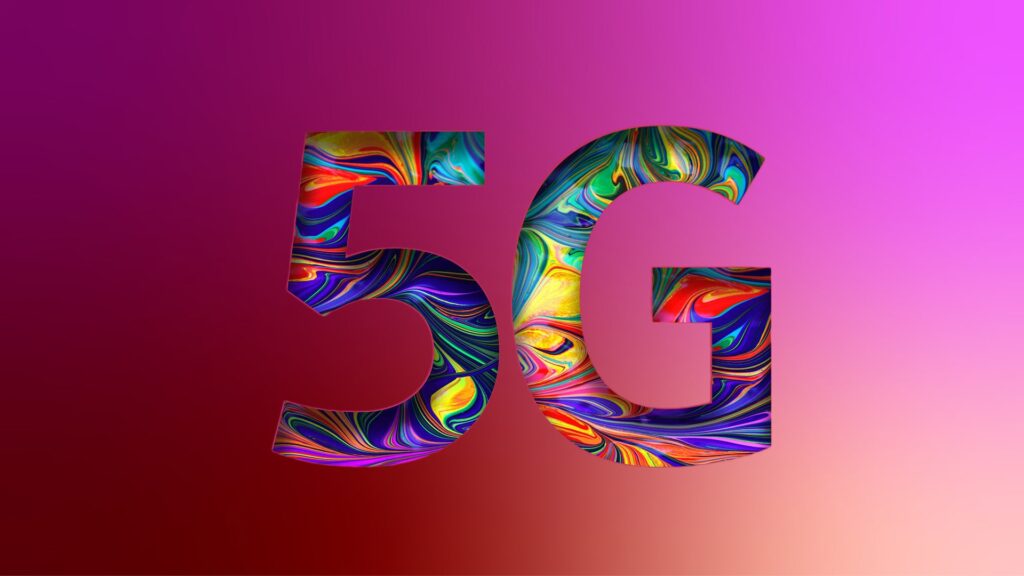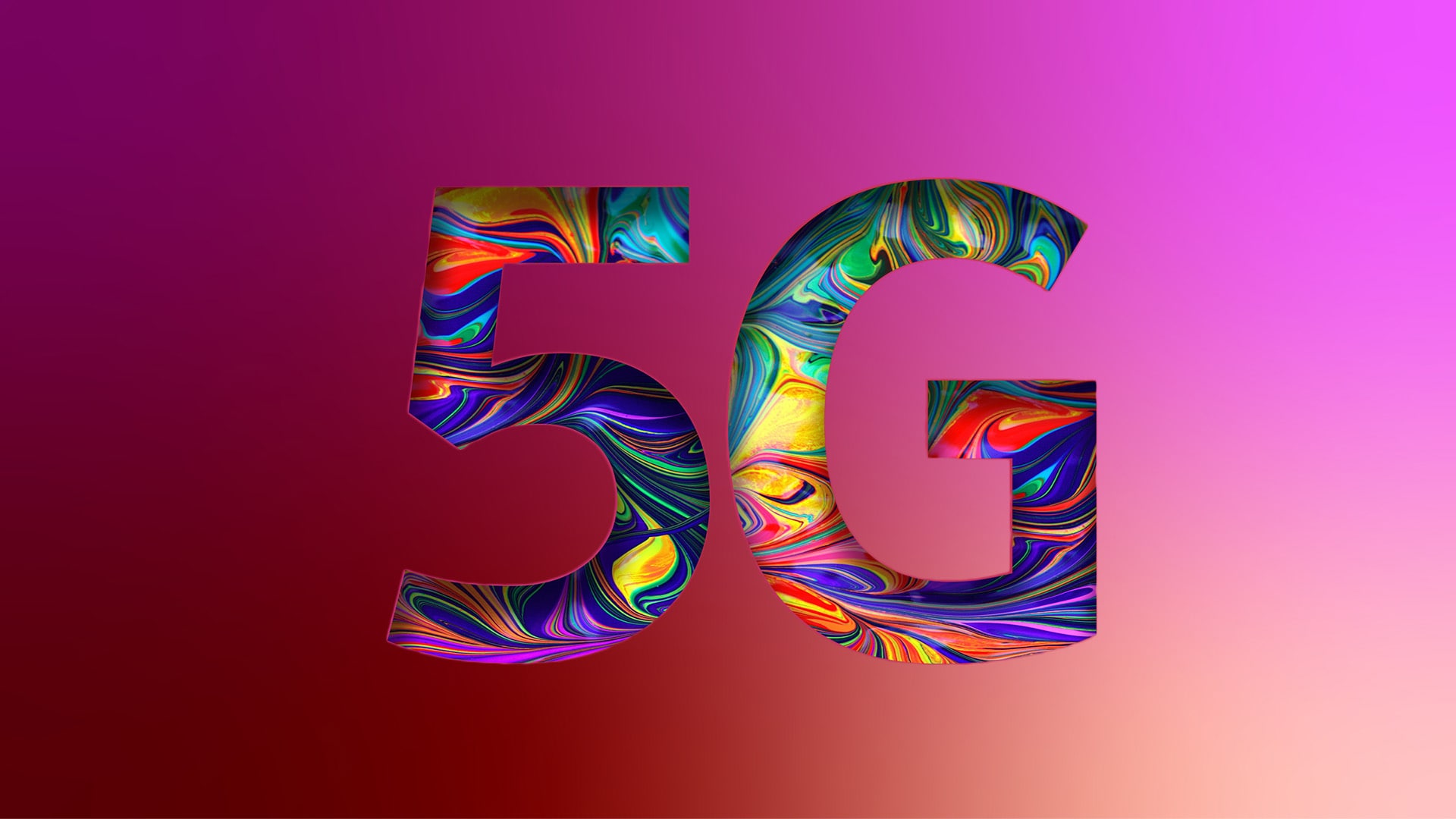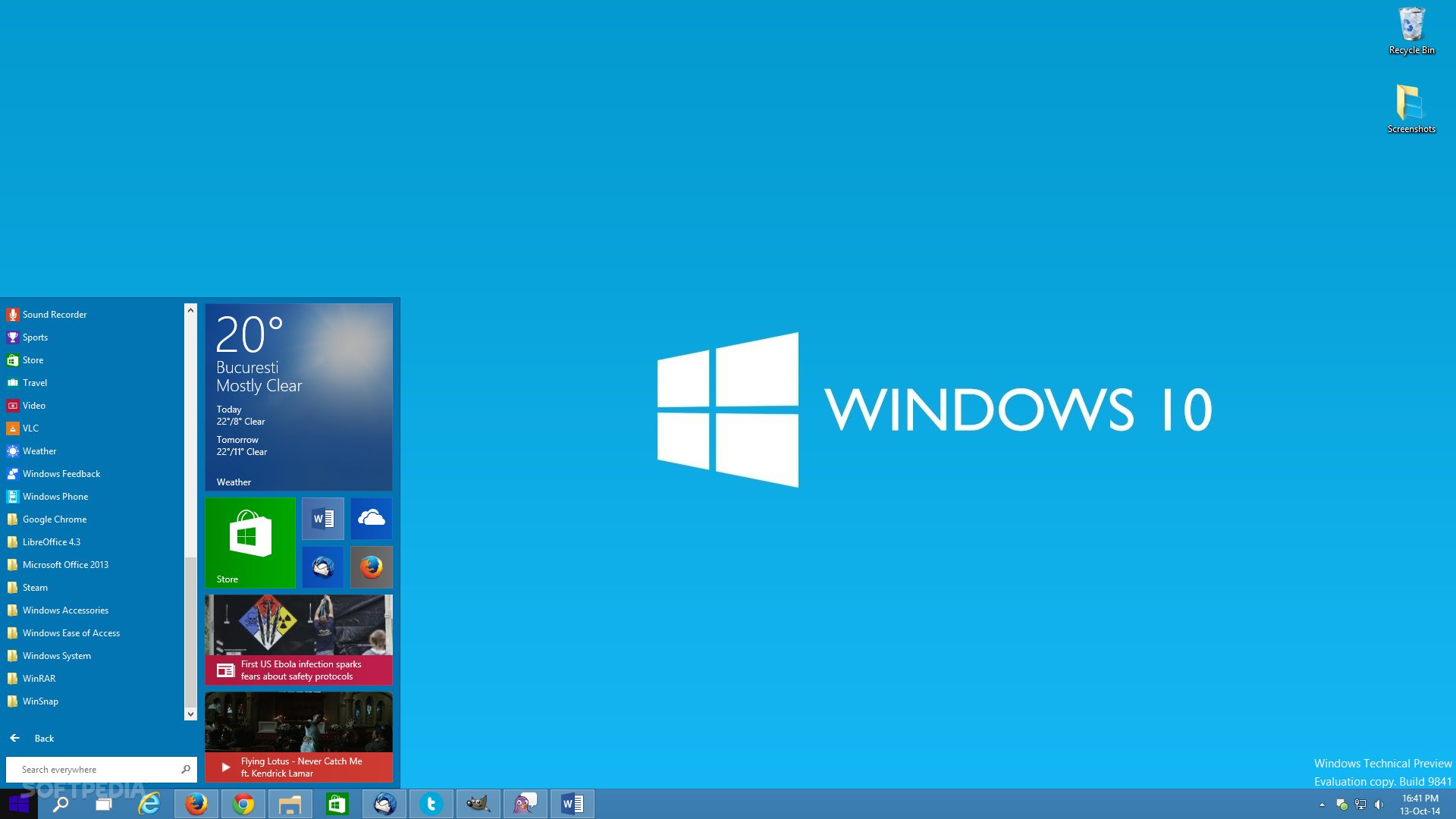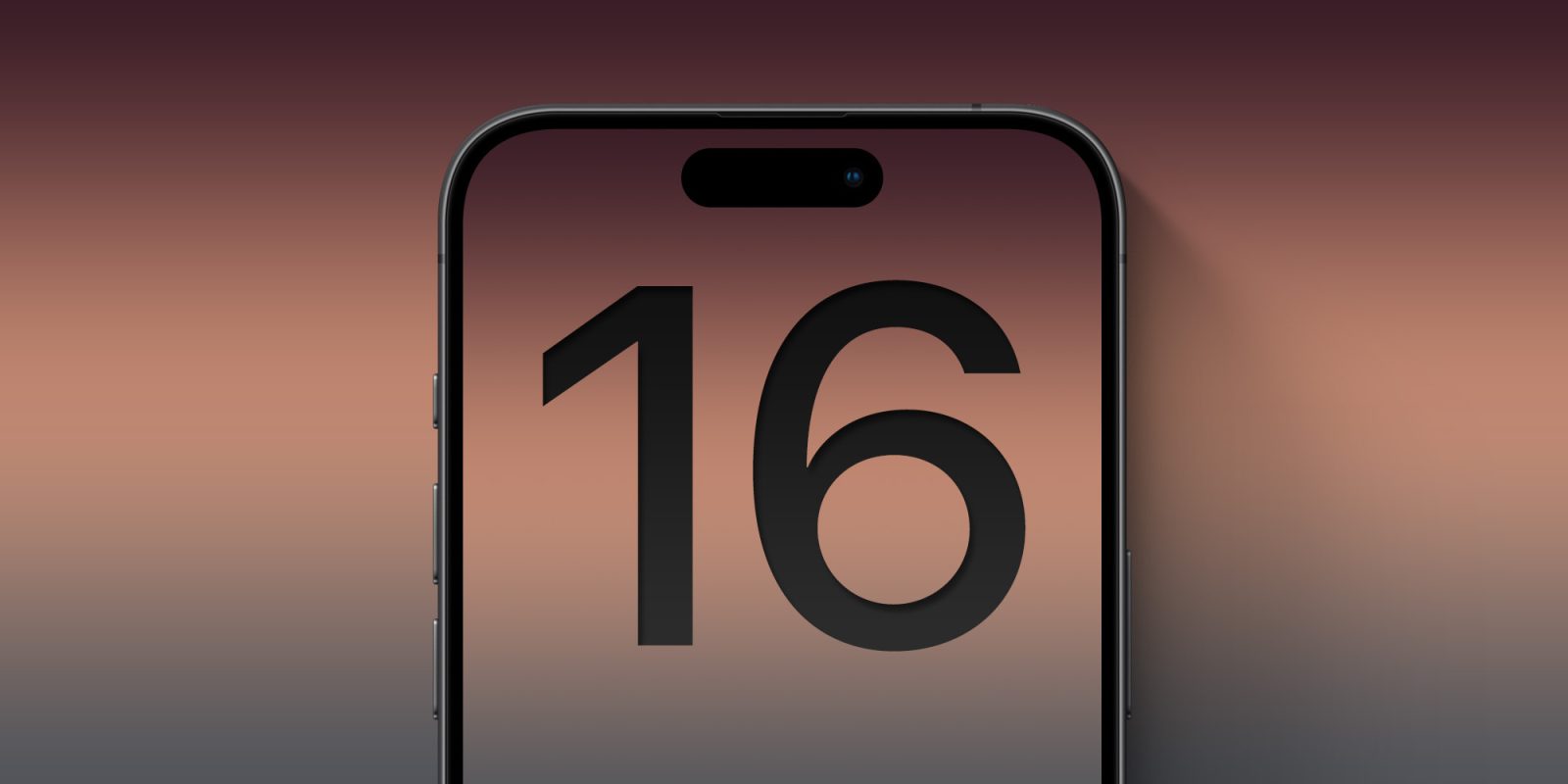
Maxis has recently hired Nokia as a major partner to construct part of its 5G Core ecosystem to fulfill future connectivity demands.
Maxis, a Malaysian carrier, and Nokia have entered into a partnership to strengthen their cooperation and concentrate on next-generation connectivity.
Maxis will collaborate with Nokia to investigate the use of newer technologies to better reinforce Maxis’ networks, therefore improving security and dependability. This includes quantum-safe optical networking, which defends against attacks from both classical and quantum computers.
Furthermore, both firms will investigate innovations for supporting fast and scalable communication across cloud environments to improve network security.
Also read this – Lime wire AI studio
Maxis has enlisted Nokia as a major partner to help create a portion of its 5G Core ecosystem to satisfy future connectivity demands. This involves implementing cloud-native technologies that will allow Maxis to fully use 5G capabilities.
“We look forward to working more closely together to develop throughout our network ecosystem and 5G products. This will guarantee that we are future-ready to fulfill our customers’ ever-increasing need for fast, secure, and reliable connection,” said Maxis CEO Goh Seow Eng.
Maxis recently announced that it successfully demonstrated what it says is the first 5G-Advanced technology testing in Malaysia and Southeast Asia in collaboration with Chinese vendor Huawei.
Maxis emphasized that the 5G-Advanced experiment featured a live speed test to demonstrate the technology’s ability to attain ultra-fast peak rates of up to 8Gbps. 5G-Advanced, also known as ‘5.5G’, offers up to a tenfold increase in speed, connected devices, and latency over existing 5G networks, according to Maxis.
The demonstration booths showcased interactive uses of the technology, such as low-latency live streaming of multiple Kuala Lumpur city center views, live 3D content, and immersive augmented reality (AR).
Maxis also emphasized that 5.5G’s superior capabilities may enable digitization, automation, and the internet of things (IoT) across a variety of industries. These skills will allow the digital transformation of essential sectors such as high-end manufacturing, automotive, and smart transportation, as well as cutting-edge visual communication via 3D and extended reality (XR). Furthermore, the carrier said that 5G-Advanced would help to build cost-effective IoT solutions.
The Malaysian government previously said that Malaysia will transition to a dual 5G network if the state-run 5G network Digital Nasional Berhad (DNB) reached 80% coverage in inhabited regions, which was accomplished by the end of last year.
All Malaysian carriers are presently delivering 5G using DNB’s network infrastructure.
The Malaysian government recently revealed that the special committee monitoring the country’s 5G network is working on preparing a Cabinet memorandum to examine and determine whether it is appropriate to enable a second 5G network in Malaysia.



